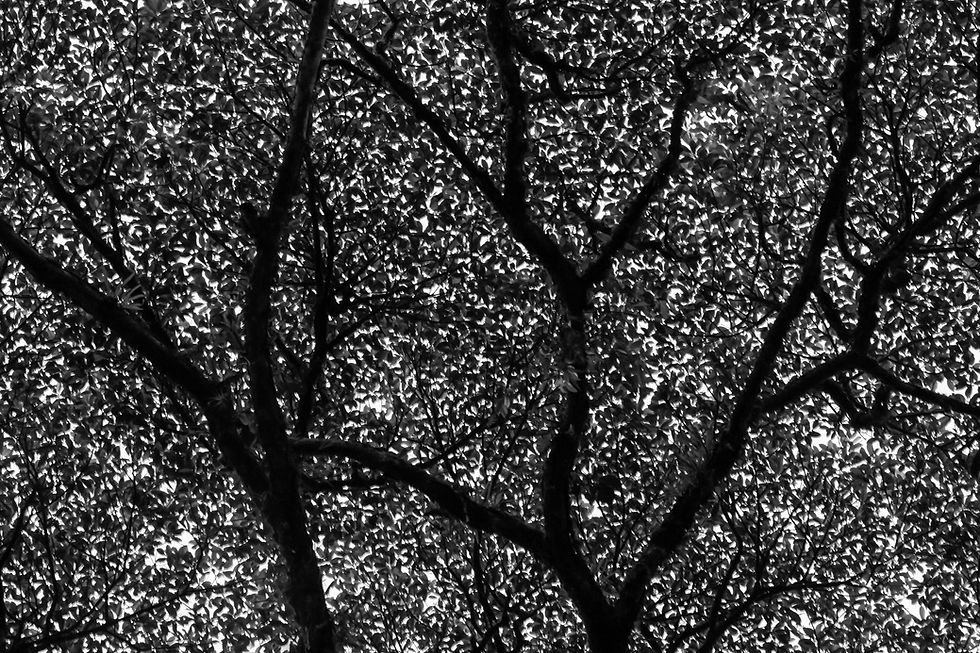The Spiritual Meaning of Trees: Exploring Nature's Sacred Connection
- thebluebodhi

- Sep 3, 2024
- 2 min read
Trees have long held a special place in human culture and spirituality. In many ancient traditions and modern practices, trees symbolize strength, growth, and wisdom. Their deep roots and reaching branches offer a powerful metaphor for spiritual growth and connection to the divine.

In various spiritual and religious traditions, trees are associated with divinity and the sacred. For example, in many cultures, the oak tree is seen as a symbol of strength and endurance, while the ancient Celts revered the ash tree as a source of healing and protection. In Buddhism, the Bodhi tree is where Siddhartha Gautama, the Buddha, attained enlightenment, emphasizing the tree's connection to spiritual awakening and enlightenment.
Furthermore, trees are often viewed as mediators between the earthly and spiritual realms. Their roots delve deep into the earth, symbolizing a grounding connection to the physical world, while their branches reach toward the sky, representing a bridge to the heavens. This duality reflects the balance and interconnectedness of the spiritual and material worlds.

Moreover, spending time in nature among trees is believed to have profound spiritual benefits. Many people find solace, peace, and a sense of connectedness when in the presence of trees. Forest bathing, or shinrin-yoku in Japanese, has gained popularity as a form of nature therapy, promoting mental, emotional, and spiritual well-being through immersing oneself in the healing energies of the forest.
In conclusion, the spiritual meaning of trees is wide-ranging and deeply rooted in human consciousness. They serve as symbols of resilience, interconnectedness, and spiritual growth. Whether through ancient mythology, religious symbolism, or modern nature-based practices, trees continue to inspire and nourish the human spirit, providing a tangible link to the sacred in the natural world.




Comments